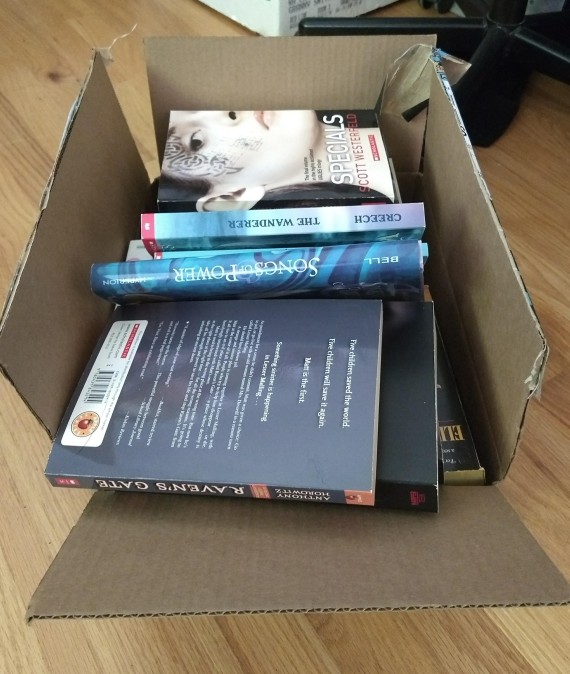My sister recently dropped off a book for me to read (along with some llama socks and a Totoro keychain, woot woot) that featured her name in the title.
Me: “Did you pick this up just cuz the main character is named after you?
Her: “Yes.” A pause. “But I think you’ll really like it.”
And to be fair, I’m a little over a fourth of the way into the book, and I do like it. So I give her that.
But it is kind of fun, isn’t it, when you open a book and find a character with your same name? Well, unless the character is a jerk. Or your name is so common that there’s another one everywhere you look. Or you share a name with somebody super famous (can you imagine all the Harry Potters out there?).
At least for me, though, “Kit” isn’t terribly common, so it’s still exciting when another one comes out of the woodwork, but it’s common enough that it does come out occasionally. Though, being a gender neutral name, I did go through a period of time where all the Kits I found were male. Kit Cloudkicker in TaleSpin, a male griffin in The Dark Lord of Derkholm (by Dianna Wynne Jones), etc.
(Not that there aren’t female Kits, of course. There’s an American Girl named Kit, after all, though I will admit to never reading any of those, since she came out after I’d moved off of American Girls. And Kit Tyler from The Witch of Blackbird Pond, which I think was required reading back in elementary school.)
And, like my sister, I will admit to picking up a book if I know the main character is named Kit. I did that with Down a Dark Hall by Lois Duncan, which is a supernatural story taking place in a boarding school, and with a mystery that I can’t recall the name of where the central mystery revolved around something that could have been solved with a 5-second Google search (the book predated Google, but I was still annoyed that that-Kit couldn’t do some basic research somewhere).
What do you think, squiders? Do you like opening a book and finding your own name staring back at you? Or does it weird you out?




